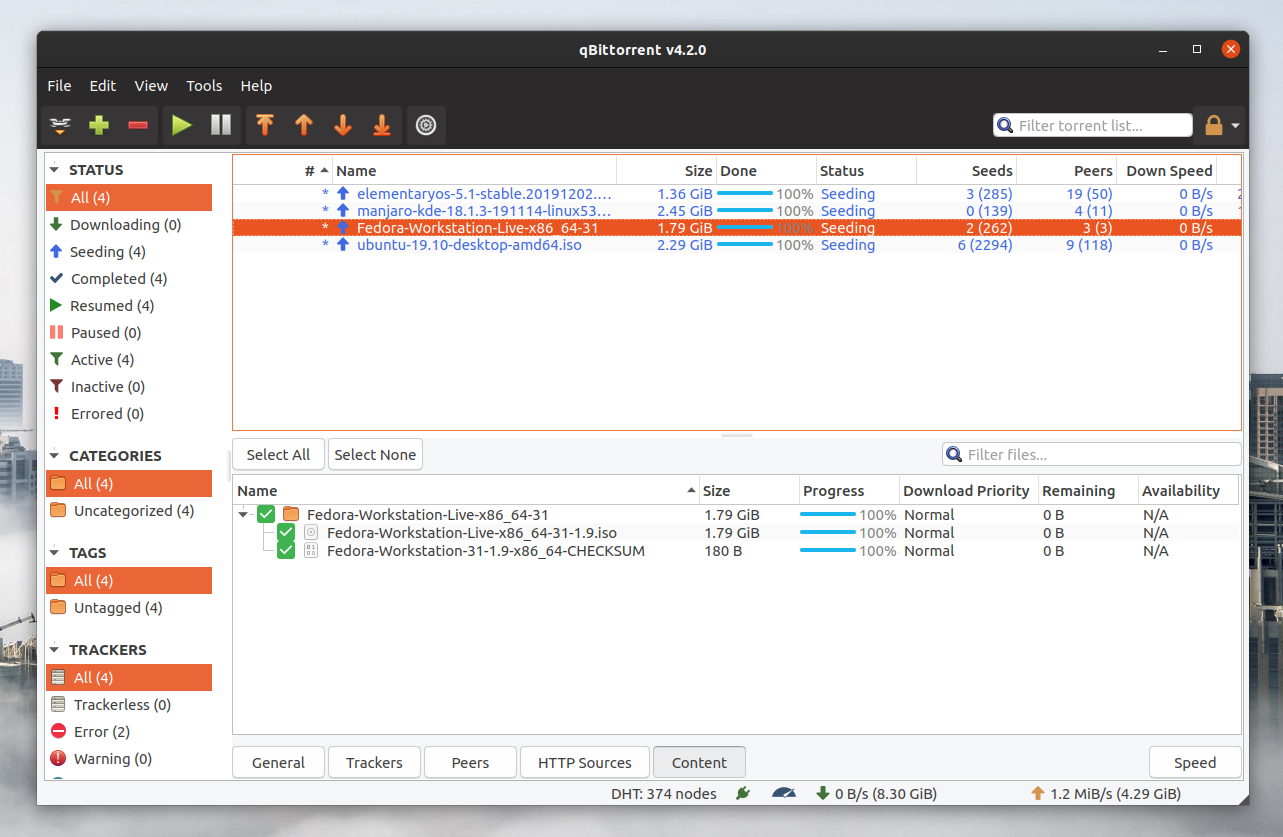

So if you’re just starting out, don’t fret too much-just pick one and try it out. As such, it’s hard to recommend one client for everybody, as one person may have great experiences with a certain client while another has a small quibble that they just can’t work around. The biggest differences come from the interface-that is, the look and organization of the main window-and little quirks that affect specific setups. These days, most torrent clients are pretty similar in terms of features. But with so many clients out there, picking one to use can feel a little overwhelming. Unlike downloading files in your browser, BitTorrent downloads usually require a separate program, called a torrent client, to grab that sweet, sweet data. Best Hosted Endpoint Protection and Security Software.is the best piece of torrenting software ever created – practically bug free and enough features. On the same machine, same torrents/disks I somehow manage to get around 400 mbs upload speeds with slight more RAM usage but uTorrent has a BIGGER problem instead – even if task manager shows RAM usage staying under 1 GBs, there is a RAM leakage that sometimes eats up almost 30 GBs ! After restarting the program the problem reappears, so it’s quite obvious who the guilty party is. Needless to say, Windows caching is very bad since the beginning of torrenting, even Win 11.īy the way, uTorrent reliance on Win caching is equally bad. Worse, the disk usage time is now 90/100% because without good caching uploads determine more reads aka high disk usage. I had 600/700 mbs upload speeds with a 4000 mb cache (I have a Gigabit conection) now I have maybe 100 mbs upload speed and 300-400 mb of RAM used. That means the uTorrent road – lower RAM usage, even with 16/32 GBs of RAM machines but definitely much lower upload speeds, as caching is essential for seeding (random reads etc). Well, libtorrent 2.0 eliminates disk caching and completely relies upon Windows for it (reads and writes).


 0 kommentar(er)
0 kommentar(er)
